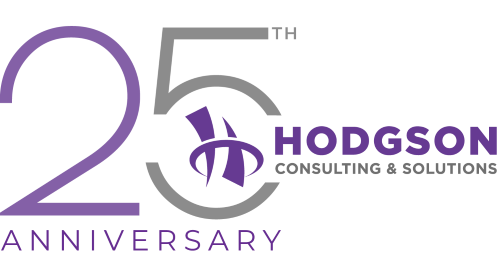Why IT Leaders Must Understand The Difference
In the fast-paced world of IT, understanding the nuances between backups and disaster recovery (DR) is crucial. For IT leaders, knowing these distinctions is not just a matter of technical proficiency; it’s about ensuring business continuity and minimizing downtime. Let’s break down what sets backups apart from disaster recovery, and why both are indispensable for your business IT strategy.
Backups involve creating duplicate copies of data stored on your systems. These copies are typically saved on different media or locations to protect data from loss due to hardware failure, accidental deletion, or corruption. Backups are a fundamental part of data management and ensure that you have a retrievable copy of your essential files.
Key Benefits of Backups
- Data Security: Protects against data loss from daily operations, such as accidental file deletions or corruption. By having regular backups, you ensure that recent data can be recovered without significant loss.
- Data Archival: Keeps a historical record of your files, allowing you to retrieve specific versions of documents or datasets from the past. This is particularly useful for compliance and auditing purposes.
- Quick Restoration: Allows for fast restoration of individual files or folders, minimizing downtime and ensuring that you can quickly get back to work when minor issues arise.
Disaster Recovery (DR), on the other hand, is a comprehensive plan that prepares your organization to recover from large-scale disruptions. DR goes beyond mere data protection; it involves processes, policies, and procedures to restore entire systems, applications, and operations within a reasonable period. This includes everything from restoring critical databases to re-establishing network connectivity.
Key Benefits of Disaster Recovery
- Business Continuity: Ensures that critical business functions can continue during a disaster, whether it's a natural disaster like an earthquake or a cyberattack. This involves setting up alternative workflows and locations to maintain essential operations.
- Minimized Downtime: Reduces the time your business is offline, which is crucial since even 15 minutes of unavailability can lead to significant losses. Effective DR plans include predefined recovery time objectives (RTOs) and recovery point objectives (RPOs) to guide the speed and scope of recovery efforts.
- Comprehensive Recovery: Covers everything from data to infrastructure and personnel, ensuring that all aspects of your business can recover. This includes not just IT systems but also communication lines, office spaces, and human resources.
Backups vs. Disaster Recovery
Scope and Scale
- Backup is focused on data protection and retrieval. It handles the preservation of individual files, folders, and databases, making sure that nothing is permanently lost.
- Disaster Recovery is broader, encompassing complete system and operational restoration. This means rebuilding entire IT infrastructures, reestablishing network connections, and ensuring that all business processes can restart smoothly.
Timing and Frequency
- Backup operations can be performed daily, hourly, or in real-time, depending on the criticality of the data and the available resources. More frequent backups ensure that recent data remains protected.
- Disaster Recovery plans are tested periodically and activated only during significant outages or disasters. Regular testing is essential to ensure that the recovery procedures work as intended and that all team members understand their roles.
Complexity and Cost
- Backup solutions are generally simpler and less costly to implement. They require storage media and software to manage the backup processes, making them accessible to businesses of all sizes.
- Disaster Recovery requires a more complex setup and higher investment but provides comprehensive coverage. This can include redundant systems, off-site recovery locations, and specialized DR software, all designed to ensure that business operations can continue with minimal interruption.
Why Both Are Essential for Business IT
Risk Mitigation
While backups can secure your data, they can’t ensure your entire system or business operations will recover swiftly from a site-level disaster. This is where DR comes into play, providing a failover strategy that keeps your business running. By having both backups and disaster recovery plans, you can mitigate a wide range of risks, from minor data loss to major operational disruptions.
Regulatory Compliance
Many industries are subject to regulations that mandate both data protection and disaster recovery plans. Financial services, healthcare, and government sectors, for example, have stringent requirements for data security and business continuity. Having both in place ensures your organization meets these standards and avoids hefty fines, legal repercussions, and reputational damage.
Customer Trust
Downtime and data loss can severely impact your reputation. Implementing robust backup and disaster recovery solutions demonstrates your commitment to reliability and customer service. Customers and clients are more likely to trust and continue doing business with companies that can assure them of minimal disruption and quick recovery in the event of an incident.
Ultimately, backups and disaster recovery are two sides of the same coin, each playing a critical role in safeguarding your business IT. While backups ensure your data remains secure and accessible, disaster recovery plans make sure your entire business can bounce back from unforeseen disruptions. Investing in both strategies not only protects your data but also reinforces your overall business resilience.
Is your business prepared for the unexpected? Our Free Disaster Recovery Assessment reveals how quickly your business could be back up and running after a natural disaster, server crash, hacker attack, or other data-erasing tragedy. Claim your FREE Disaster Recovery Assessment here: https://www.hodgsonconsulting.com/datadisaster.

